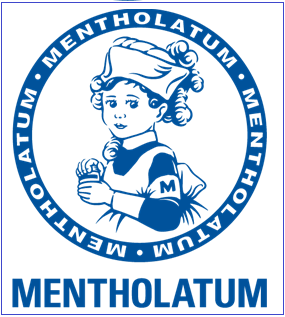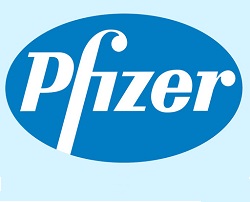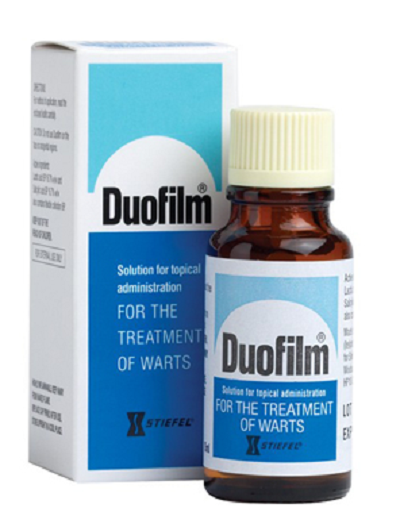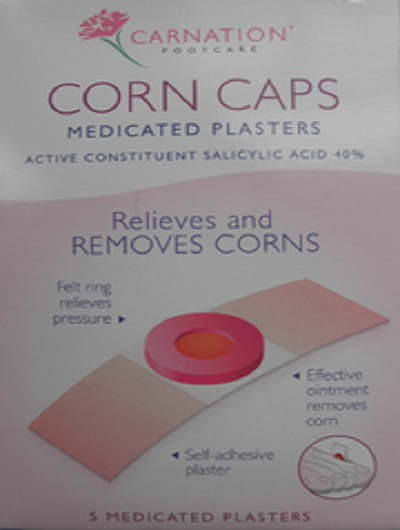Genital HPV infection, manifestations of hpv, methods of prevention and health problems for the patient
What is HPV? HPV is the most common Sexually transmitted infection (STI). HPV is a virus that is different from HIV and HSV (herpes). About 79 million Americans, mostly in their late teens and in their mid-20s, are currently infected with HPV. There are different types of HPV. Certain types can cause health problems like genital warts and cancer. But there are vaccines that can prevent these health problems.
Contents
How is HPV spread?
You can get HPV from having oral, vaginal, or anal sex with someone who has the virus. It is usually spread during vaginal or anal sex. HPV can be spread even when an infected person has no signs or symptoms.
Anyone who is sexually active can get HPV, even if you only have sex with one person. You may also experience symptoms years after having sex with an infected person. It is therefore difficult to know when you were first infected.
Can HPV cause health problems?
In most cases, HPV will go away on its own and do not cause any health problems. When HPV does not go away, it can cause health problems like herpes and cancer.
Herpes usually looks like a small lump or group of bumps in the genital area. These lumps may be small or large, raised or flattened, or shaped like a broccoli. A healthcare provider can often diagnose herpes by examining the genital area.
Does HPV cause cancer?
Complications of HPV can cause cancer of the cervix and other cancers, including cancer of the vulva, vagina, penis, or anus. HPV can also cause cancer in the back of the throat, including under the tongue and tonsils (called oropharyngeal cancer
Cancer usually occurs every year, even decades, after getting HPV. The types of HPV that can cause genital warts are not the same as the types of HPV that can cause cancer.
There is no way to know which people with HPV will get cancer or have other health problems. People with weak immune systems (including people with HIV / AIDS) may be less likely to get rid of HPV. And they may experience other health problems as a result of the effects of HPV.
How can HPV and the health problems it causes?
There are several things you can do to reduce your risk of getting HPV.
Vaccination. This HPV vaccine is very safe and effective. It can prevent the disease (including cancer) caused by HPV when used in recommended age groups. (See “Who should be vaccinated?” Below) CDC recommends that ages 11-12 get two doses of the HPV vaccine to prevent cancer caused by HPV. For more information on these recommendations, please visit
Screening for cervical cancer. Routine screening for cervical cancer for women 21 to 65 years of age can prevent it.
If you have sex
- Use condoms the right way every time you have sex. This can reduce your risk of getting HPV. But HPV can cause infections where condoms don't cover - so it may not be completely preventable;
- It is a good idea to maintain a mutually monogamous relationship - that is to say, only have sex with someone who has only sex with you.
Who should be vaccinated?
All men and women 11-12 years old should be vaccinated.
Men up to 21 years of age and women up to 26 years of age should be vaccinated if they were not fully vaccinated as children.
It is also necessary to vaccinate gay and bisexual men (or any men who have sex with people of the same sex) until age 26. In addition, vaccinations for immunocompromised men and women (including those with HIV / AIDS) until age 26 are also essential if they were not fully vaccinated as children. .
How do I know if I have HPV?
There is no test for "HPV status" in humans. And there is also no approved HPV test that will find HPV in the mouth or throat.
Only the HPV tests are used to screen for cervical cancer. These tests should only be done to screen women 30 years of age and older. The HPV test is not recommended to screen for men, adolescents or women under 30 years of age.
Most people with HPV do not know they have the disease and have not had any symptoms or health problems since. Some people find out that they have HPV when they have genital warts. Women can find out they have HPV when they have an abnormal Pap test (during cervical cancer screening). Others, meanwhile, will only find out after experiencing more serious problems from HPV, such as cancer.
How common is HPV and the problems caused by HPV?
HPV (the virus): About 79 million Americans are currently infected with HPV. About 14 million people are newly infected each year. HPV is so common that most people who have sex will get HPV at some point in their life if they don't get the HPV vaccine.
Health problems associated with HPV include genital warts and cervical cancer.
Genital warts: Before the HPB vaccine, between 340,000 and 360,000 women and men had genital warts as a result of HPV each year. * Additionally, approximately 100 adults have sex. sex in the United States has genital warts at any given time.
Cervical cancer: Each year, nearly 12,000 women living in the US are diagnosed with cervical cancer, and more than 4,000 women die from cervical cancer - even with screening and treatment. .
There are other types of illnesses and cancers caused by HPV in people living in the United States as well. Every year, about 19,400 women and 12,100 men are affected by the cancers caused by HPV.
* This figure is only calculated for the number of people with genital warts. That would therefore be much lower than the actual number of people with genital warts.
I'm pregnant. Will HPV affect my pregnancy?
If you are pregnant and have HPV, you could have genital warts or abnormal cell changes in the uterus. Abnormal cell changes can be found during routine cervical cancer screening. You should be screened for cervical cancer periodically even while you are pregnant.
Source: eupharmas

















